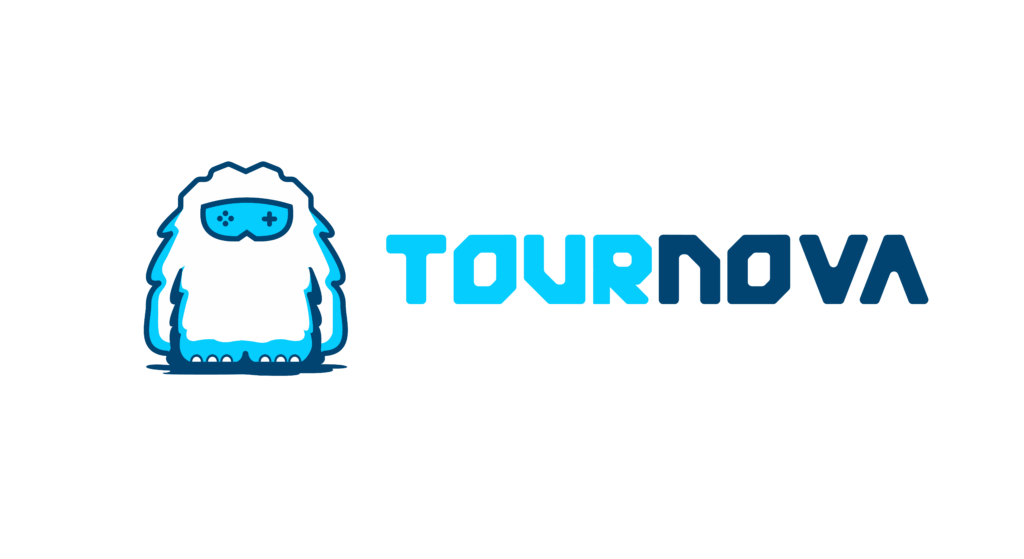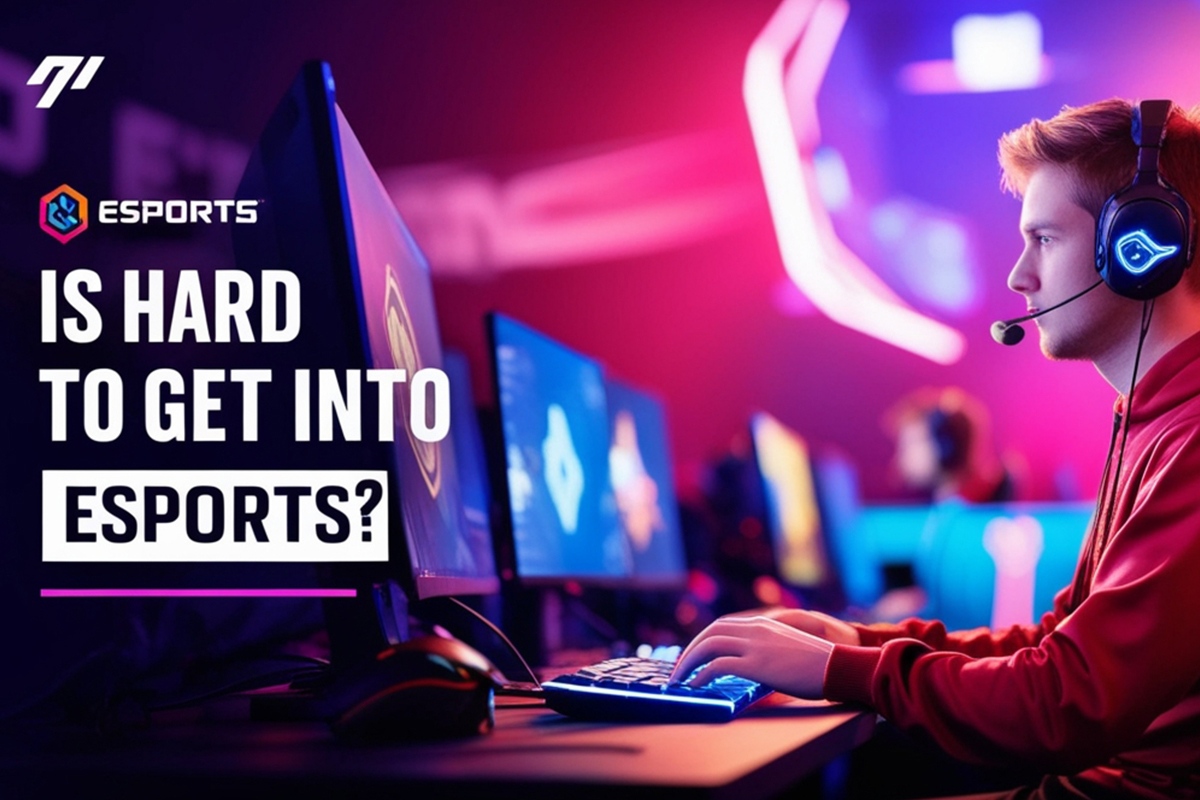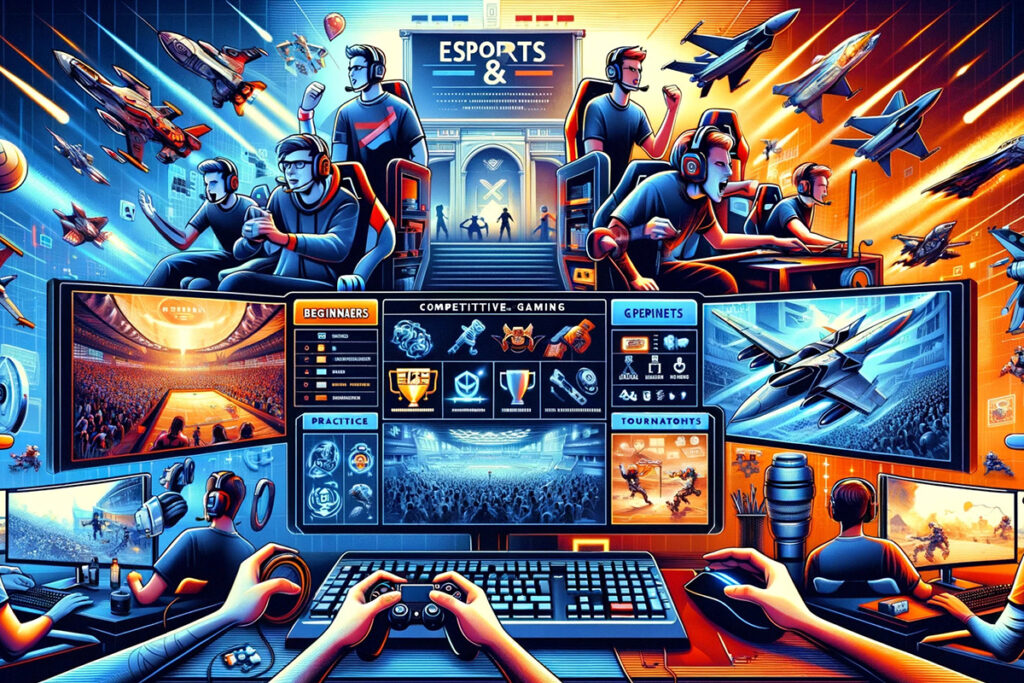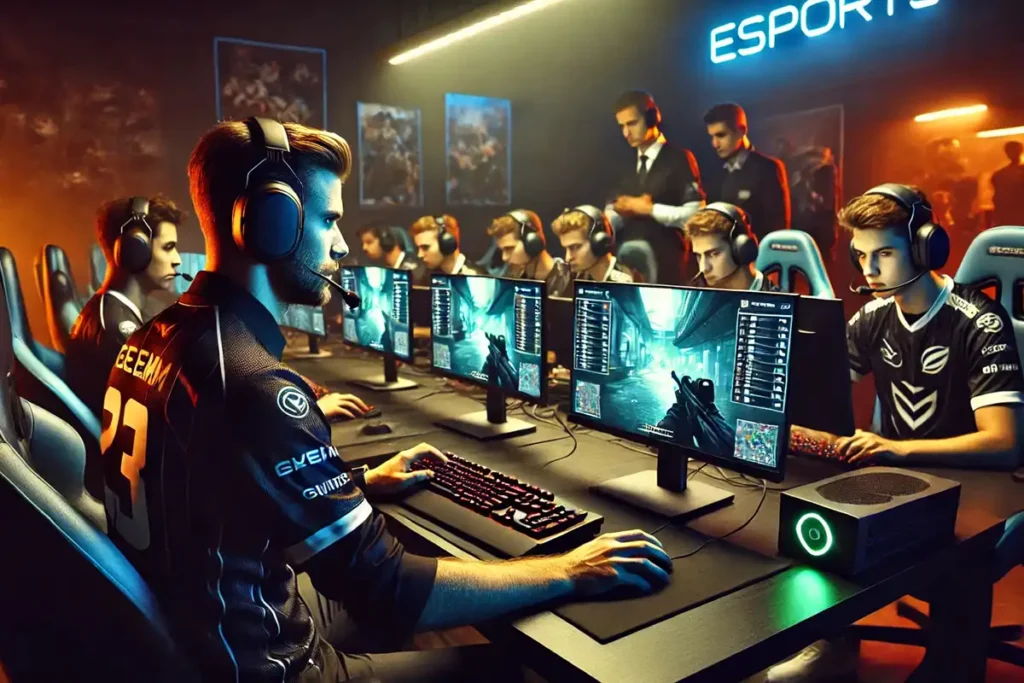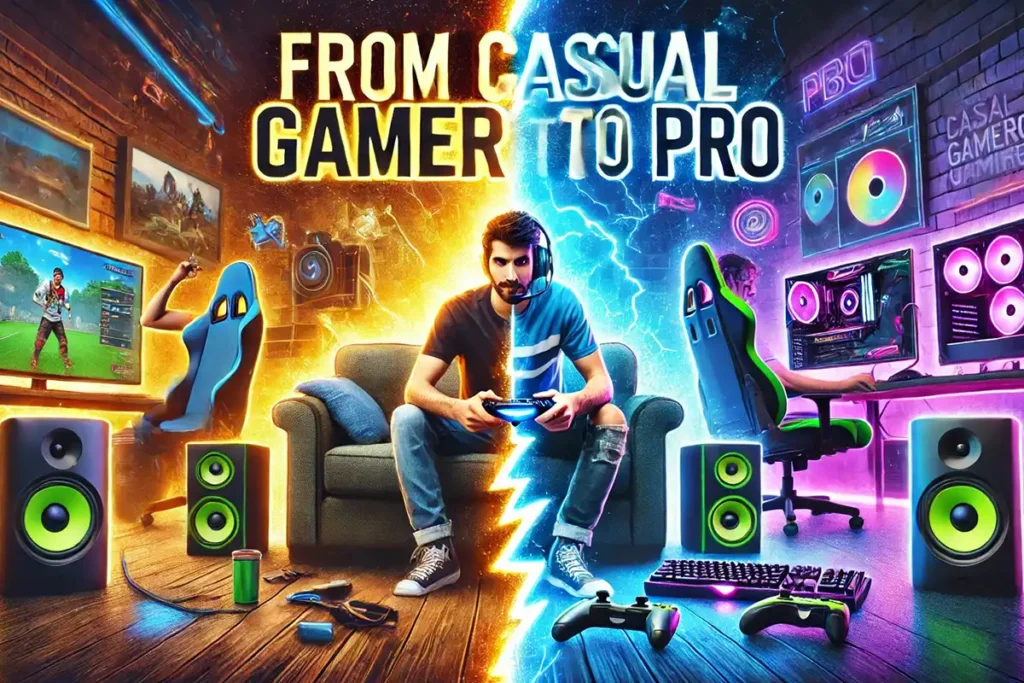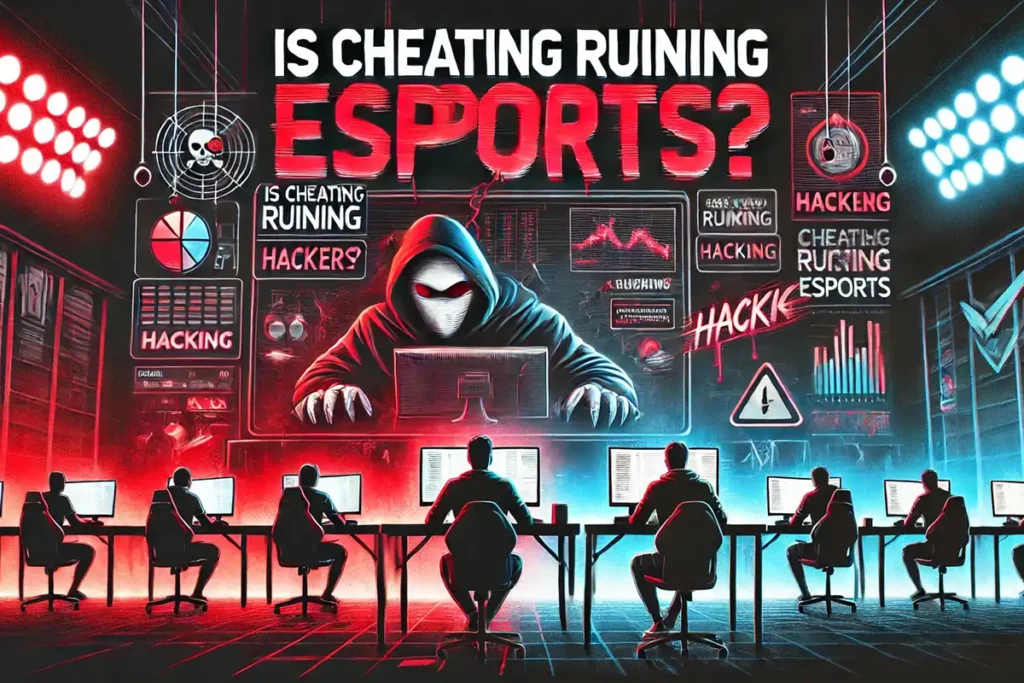A common question haunts many aspiring players in the glowing world of esports, where digital athletes rise to fame: “Is it hard to get into esports?” The dream of turning a passion for gaming into a career is vibrant, yet the pathway remains shrouded in challenges that only a few navigate successfully.
As gaming rises in popularity, competition intensifies, and with it, the barriers to entry become more daunting. The uncertainty of success is enough to deter some, leaving a trail of untapped potential. But fear not! This guide is here to demystify the journey, offering insights, tips, and stories to illuminate the path into the electrifying world of competitive gaming. Let’s dive deeper into what it takes to crack into this thrilling sphere.
A Growing Dream, A Daunting Task
Although entering the eSports scene seems daunting, if you know the challenges ahead, you can prepare for them and emerge victorious. So bear with us as we guide you on how to start your eSports career.
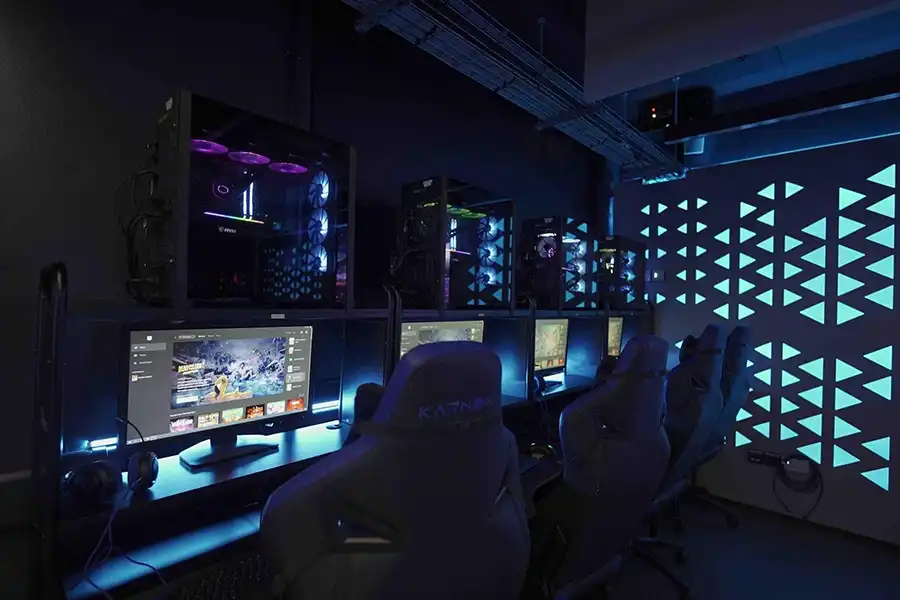
How Hard Is It to Go Pro in Esports?
Transitioning from casual play to professional esports is a quest marked by fierce dedication and unmatched skill. Going pro isn’t just about being good at a game; it’s about becoming exceptional.
Competitive gaming requires relentless practice and honing of technical skills. For instance, the pros in games like League of Legends or Counter-Strike 2 often dedicate 8 hours daily to practice, refining their strategies and reaction times. The pressure to perform consistently at the highest level is immense.
Trying to answer: is it hard to get into esports? It must be said that aspiring professionals must meet specific skill benchmarks set by their chosen game, often pushing players to their cognitive and physical limits. Breaking into the competitive scene involves climbing the ranks in matches, proving one’s abilities in tournaments, and catching the eye of professional scouts or teams. It’s a vibrant yet demanding journey where only the truly dedicated survive and thrive.
Career Paths in Esports Beyond Gaming
While playing professionally garners the spotlight, the esports industry offers diverse career opportunities beyond gaming. The ecosystem thrives on various roles:
- Coaching: Coaches mentor and strategize, analyzing player performances and creating winning blueprints.
- Casting and Commentary: Passionate gamers with a gift for gab find their niche here, narrating games and bringing excitement to audiences worldwide.
- Team Management and Coordination: Managers who handle logistics and PR and ensure smooth operations are behind every great team.
- Social Media and Content Creation: Engaging with audiences through social platforms, creators build fan bases and elevate team presence through videos, tweets, and live streams.
Navigating these paths requires specific skills but offers rich rewards for those passionate about esports but not necessarily looking to compete.

Read More: Esports vs online gaming
Challenges New Esports Players Face
Is it hard to get into esports? Entering the esports arena is a formidable task, brimming with challenges:
- High Competition: The sheer number of players vying for visibility means newcomers face a steep uphill battle. Standing out amidst a sea of talent is arduous and requires strategic planning.
- Consistent Practice: Unlike casual gaming, esports demands regular and methodical practice sessions. Building a disciplined routine is crucial for improvement and progression.
- Team Opportunities: Finding or forming a team can be challenging. Chemistry is vital, and trust takes time to build. Navigating this dynamic can be tricky for fresh entrants.
Understanding these hurdles prepares new players for what lies ahead, encouraging them to persevere and persevere.
Skills Needed to Stand Out in Esports
Success in esports isn’t solely about reflexes—it’s about a comprehensive skill set:
- Strategic Thinking: Games require players to foresee and counter opponents’ moves, making mental agility key.
- Teamwork and Communication: Most competitive games hinge on team dynamics. Effective communication can make or break strategies in real time.
- Game-Specific Mechanics: Mastery over the mechanics unique to one’s chosen game is non-negotiable. This might mean understanding the lore and mechanics of Dota 2 heroes or the recoil patterns of weapons in Valorant.
- Adaptability: The esports landscape is ever-evolving. Players who can quickly adapt to changes in game patches or meta-gaming strategies remain competitive.
Developing these skills sets players apart and positions them favorably for long-term success.
Is Esports the Right Path for You?
When you ask yourself, “Is it hard to get into esports?” You should know that choosing esports as a career is as exhilarating as it is daunting. It involves embracing a lifestyle that demands resilience, adaptability, and sometimes sacrifice. Competitive gaming often means irregular hours, travel, and facing intense-pressure environments.
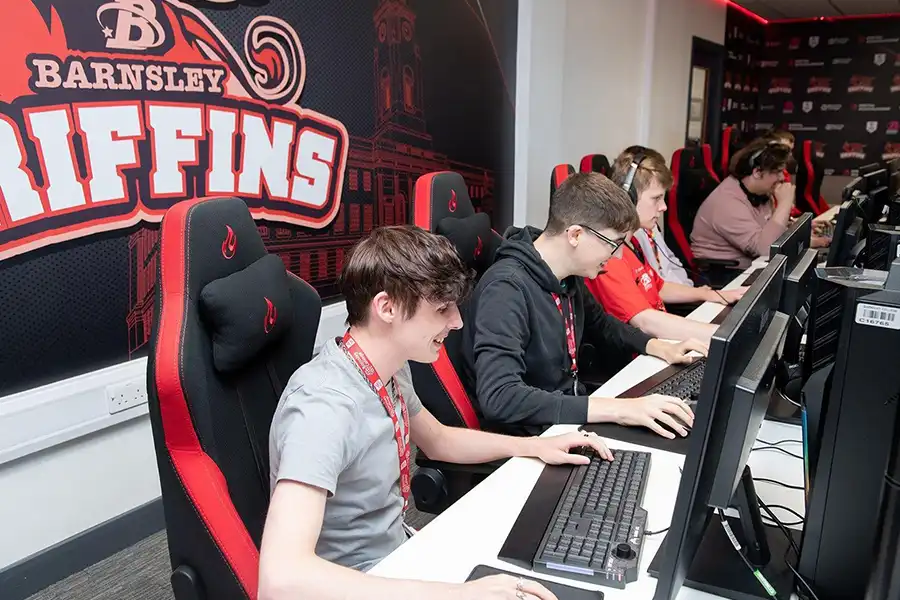
Yet, the rewards can be substantial for those passionate about the craft. Esports careers offer unique fulfillment, global travel opportunities, and the thrill of being part of an evolving culture. One must weigh these aspects carefully to determine if the path aligns with personal goals and values.
First Steps to Start in Esports
Here’s Tournova’s micro guide on how to embark on this exciting journey:
- Find Tournaments: Websites like Tournova, Battlefy, and Challonge host various tournaments, perfect for gaining competitive experience.
- Join Communities: Engage with online forums, Discord channels, and social media groups dedicated to your game. Networking opens doors to team opportunities and shared learning.
- Resource Utilization: Platforms like Twitch and YouTube offer invaluable learning resources through tutorials and gameplay analyses by professionals.
- Focus on Improvements: Regularly review game replays to identify areas for personal development.
Starting may seem overwhelming, but breaking it into manageable steps makes the journey achievable and enjoyable.
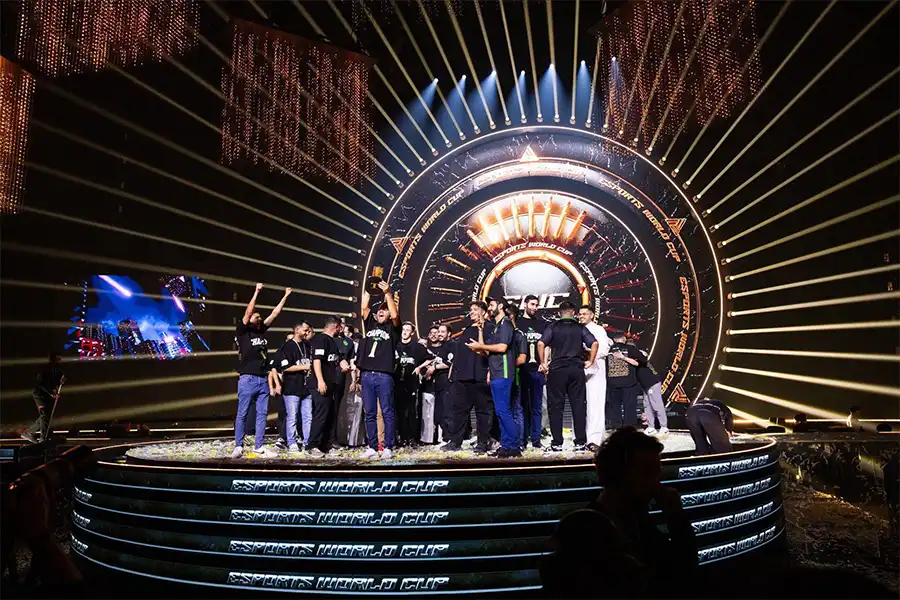
Read More: The Rise and Growth of Esports
To Wrap it Up
Navigating the world of esports is a thrilling expedition with potential triumphs and challenges. Is it hard to get into esports? With the right mindset and tools, anyone passionate about gaming can carve their niche in this ever-expanding arena. So, are you ready to embark on your esports adventure?
Professional esports players dedicate an immense amount of time to their craft, often practicing for over eight hours each day to refine their skills and strategies. With potential earnings that can exceed $1 million annually, the competition is fierce in this landscape. Looking ahead, innovations such as virtual reality (VR) and augmented reality (AR) are expected to change the way fans interact with their favorite games.
FAQs
What equipment do I need to start in esports?
A reliable gaming setup with a decent PC or console, quality headsets, and a stable internet connection are essentials for any aspiring esports player.
How do I manage my time between gaming and other responsibilities?
Effective time management requires setting a schedule that balances practice with other responsibilities, ensuring neither aspect is neglected.
Can older players succeed in esports?
Absolutely! While younger players often dominate due to reflex advantages, strategic and intellectual roles like coaching or commentary welcome experienced individuals of any age.
